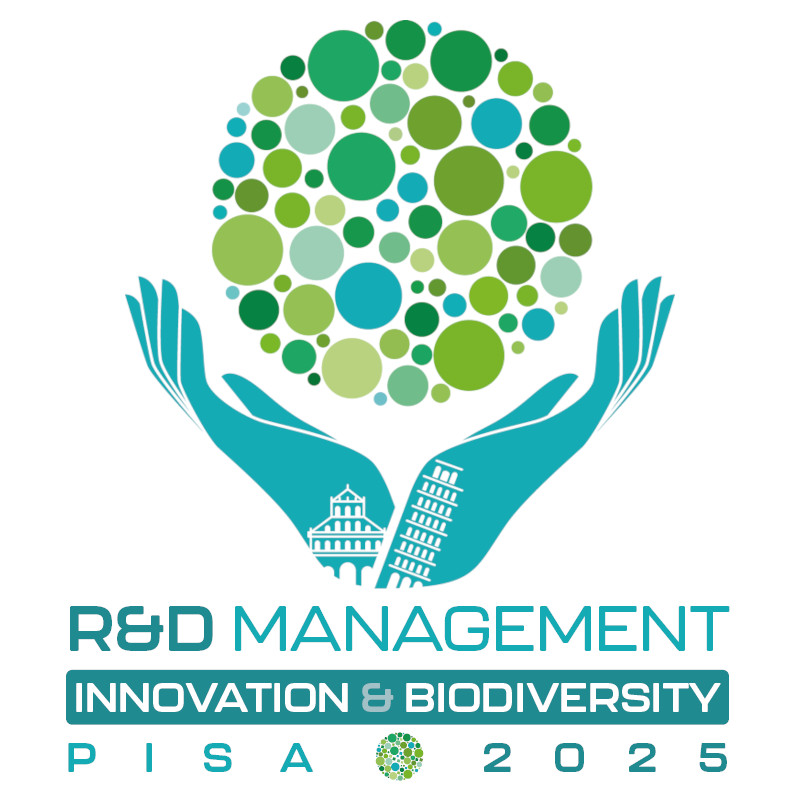Integration of physical and digital ecosystems is transforming how knowledge spillovers occur, creating an environment for new types of global collaborations, observes Xi Zhang from New Jersey Institute of Technology MTSM. Xi is co-chair of track 5.4 at the 2025 R&D Management Conference, together with Shanthi Gopalakrishnan and Saleh Farazi.
Knowledge spillovers refer to the voluntary or unintentional transfer of technological knowledge between individuals or organisations without a fee. There are many types of spillovers including:
- idea creating spillovers – this is characterised by non-rivalry and non-exclusivity and results in knowledge that can be used by many people at the same time. This is a public good.
- horizontal spillovers – this is where a competitor can gain knowledge without paying a fee
- vertical spillovers – where knowledge travels across the value chain.
Knowledge spillovers are important in building capacity through building the skills of those in close proximity. Traditionally this has resulted in clusters of knowledge or technologies around a particular physical location or geographic region, but now with the digital transformation location may be less influential.



This is an active area of research for Xi and her co-chairs, she says: “We are exploring how Entrepreneurial Ecosystems drive knowledge dynamics, especially in the context of regional challenges.
“Understanding the interplay between digital and physical proximity is crucial, particularly in terms of trust-building and tacit knowledge transfer. It is a fascinating and relevant topic of study.
“The concept of “Industry 5.0” with its emphasis on socio-environmental sustainability and stakeholder collaboration aligns closely with my research interests. The focus on integrating human-centric values with advanced technologies could significantly impact entrepreneurial ecosystems by fostering inclusive innovation and enhancing socio-environmental outcomes.”
5.4 Knowledge Co-creation and Spillover in Entrepreneurial Ecosystems: The Role of Alliances, Location, and Firm Competitiveness
Entrepreneurial ecosystems (EEs) play a pivotal role in fostering innovation, competitiveness, and firm survival through knowledge co-creation and spillover.
While digital technologies have expanded the scope of EEs – enabling global knowledge spillovers – the role of physical location remains significant for building trust and transferring tacit knowledge.
By examining the mechanisms of knowledge co-creation and the impact of both digital and physical dimensions, this track aims to provide insights into how EEs support entrepreneurial growth and sustainable competitive advantage.
This track aims to advance theoretical and empirical understanding of the role of alliances and location in the creation of EEs and their role in shaping innovation, firm competitiveness, and effective knowledge management.
Find the track chairs on LinkedIn: Xi Zhang, Shanthi Gopalakrishnan, Saleh Farazi

R&D Management Conference 2025:
Innovation & Biodiversity
Institute of Management of Scuola Superiore Sant’Anna, Pisa
30 June – 2 July 2025
Track chair: Shanthi Gopalakrishnan, New Jersey Institute of Technology MTSM
Co-chairs:
Xi Zhang, New Jersey Institute of Technology MTSM
Saleh Farazi, Sheffield University

